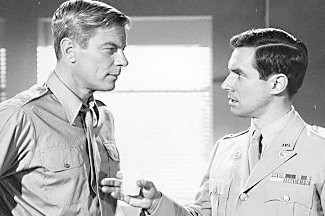
Justice
1971 - United KingdomJulia Standford (Margaret Lockwood), a well-known English barrister, is called to defend a boy charged with rape and murder - and reveals an evil that shatters the town, the courtroom and the boy.
No one has any doubt where the evil lies when the case begins; it rests revoltingly in the character of 18-year old Allan Harper (Cavan Kendall), discovered by the side of a lonely road with the body of 16-year old Ann Laird. He has no defence, admits that he had gone to meet the girl and "cannot remember" clearly enough to say whether he killed her or not. The local police already have on record Ann's accusation of rape against the boy, and examination of the body confirms that she is pregnant.
From the moment Julia agrees to take the case, sensing intuitively that Allan is innocent, the question that confronts the viewer is not whether she will get him off, but how. This one-off play, Justice is a Woman, by Jack Roffey and Ronald Kinnoch was adapted for television by Stanley Miller and co-starred Iain Cuthbertson, Allan Cuthbertson and John Laurie. Made by Yorkshire Television it was broadcast on 4 September 1969.
Two years later, Lockwood returned to the role, although her character's name was changed to Harriet Peterson, in the shorter titled series Justice. Forced to work as a barrister after her husband (William Franklyn) is sent to prison, Harriet is working on the northern court circuit. At the end of the first series she leaves for London, and this is where the story picks up in series two. In her private life Harriet has on-off relationship with Dr Ian Moody (John Stone, at the time Lockwood's real-life partner). The third and final series saw the introduction of the young, high-flying barrister James Eliot (Anthony Valentine). In the final episode, having already been made a QC and now head of chambers, Harriet accepts Moody's proposal of marriage (in real-life, Lockwood and Stone parted company shortly after the series ended). Scriptwriters on the series included Edmund Ward and James Mitchell.
Published on December 28th, 2018. Written by Laurence Marcus for Television Heaven.










